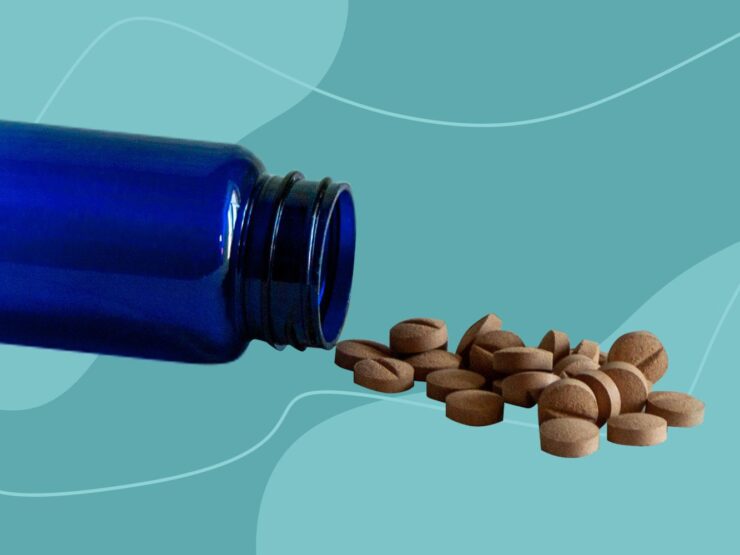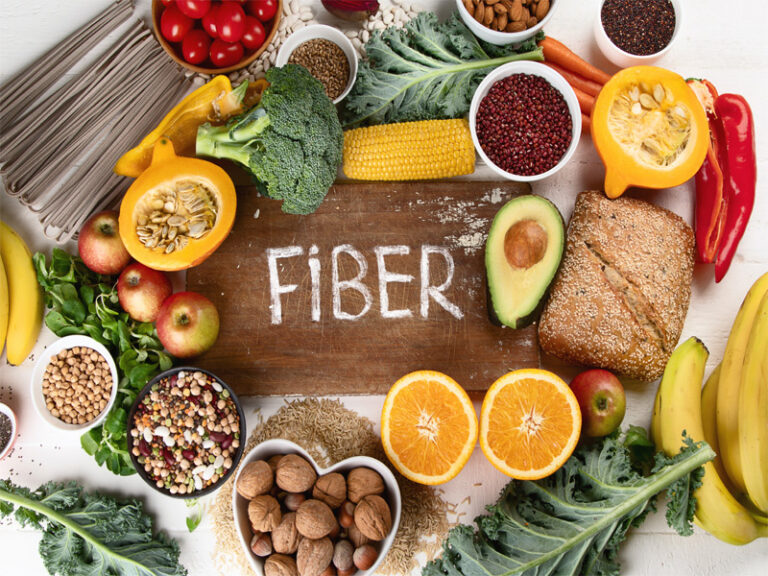Whole grains have been shown to have numerous health benefits including improved digestion, lowered cholesterol levels, and reduced risk of heart disease. Fiber is essential for the digestive system as it helps to prevent constipation and bowel diseases such as hemorrhoids. In addition, fiber reduces the risk of colon cancer and type II diabetes.
It also lowers blood pressure, which makes whole grains a good choice for those suffering from hypertension. Whole grains may also reduce inflammation in individuals who suffer from rheumatoid arthritis because they contain high levels of folate.
Difference Between Fiber Supplements and Whole Grains

Fiber supplements are added to foods, they are not meant to be the main source of fiber in one’s everyday diet. However, many people substitute fiber supplements for whole grains which can lead to health problems. Whole grains are full of nutrients that provide energy and help with weight management.
Whole grains also reduce cholesterol and the risk of heart disease by providing antioxidants. Fiber supplements are processed carbohydrates, meaning it is very little or no nutritional value left after they go through processing to become a supplement.
Introduction to Fiber Supplements
This type of supplement is used for both medicinal and weight loss purposes. However, it contains substances that have been shown to cause a host of medical issues, including some cancers. It may also cause cardiovascular issues and impairs the body’s ability to absorb essential nutrients from food.
In addition, fiber supplements have been shown to have a negative impact on digestive regularity by impeding bowel movements and causing constipation. In fact, it has been found that adding certain types of fiber supplements makes constipation worse in individuals suffering from irritable bowel syndrome.
Fiber supplements can also interfere with the absorption of medications which can cause highly dangerous health concerns for those who rely on prescription medication to maintain their health.
Side Effects of Fiber Supplements

There are a number of side effects associated with using a fiber supplement. These include nausea, bloating, abdominal pain, flatulence, and diarrhea. In addition, some types of fiber supplements are known to cause lumps in the throat or an allergic reaction. The individual may also suffer from malnutrition -type symptoms such as fatigue, weight loss, hair loss, and weakness.
Due to fiber supplements causing dehydration, individuals who take them for a long time are likely to experience muscle spasms and vision problems. They can also lower blood sugar levels which are particularly dangerous for diabetics.
Individuals with impaired kidney function should avoid taking this supplement because it may lead to kidney stones and other renal issues. It has even been known to cause seizures in people who have not experienced this condition before.
The Dangers of Fiber Supplements
While it is clear that fiber supplements have a number of negative side effects, it is also possible that they can cause life-threatening issues. For example, an overdose on fiber supplements has been known to cause constriction of the airway which can lead to suffocation.
In addition, taking large doses of these types of supplements over a long period of time can quickly become fatal. This is because individuals run out of essential nutrients that are required for survival and eventually perish from malnutrition. An excess amount of fiber in the diet can also reduce the absorption rate of medications by up to 75%. This can prove to be fatal if the medication is one that should only be taken at certain intervals.
What foods contain fiber?

There are a number of food choices that provide a good amount of fiber. Beans, including green beans and soybeans, and green lentils, are also an excellent source. Nuts such as pecans and almonds are another choice that contains both soluble and insoluble fiber.
Fruits such as papayas, raspberries, grapefruit, and oranges also have a reasonable amount of fiber. In addition, certain vegetables such as artichokes, broccoli, cabbage, and root vegetables can help one get the daily recommended intake for this nutrient.
Including plenty of water in the diet is essential when consuming these fiber-rich foods because it helps with digestion. A majority of fruits and vegetables should be eaten raw or steamed for the best health benefits. For a complete list of high fiber foods.
While adding a fiber supplement to one’s diet can be beneficial when taken occasionally, it is not advisable to rely solely on these pills. In addition, there are many side effects associated with taking them and they can be highly dangerous in some instances. Some of the most common issues include nausea and bloating.
In extreme cases, it has been shown that consuming large amounts over an extended period can lead to death by malnutrition which makes its use in weight loss programs questionable at best. It is best for individuals who want to take a fiber supplement in order to lose weight or improve their digestive health to rely on natural sources of fiber instead.
Conclusion

The above information makes it clear that there are serious dangers associated with using fiber supplements, especially if they are taken without guidance from a health professional or physician. In fact, as a result of these types of supplements being so dangerous, many countries have banned their use altogether. These include the UK and Canada.
Whole grains which contain essential nutrients that the body needs are a much healthier option for regular consumption. Therefore, it is essential that people are aware of the dangers associated with taking fiber supplements before they attempt to use them for any reason.
While it is clear that fiber supplements have a number of negative side effects, it is also possible that they can cause life-threatening issues. For example, an overdose on fiber supplements has been known to cause constriction of the airway which can lead to suffocation. In addition, taking large doses of these types of supplements.

